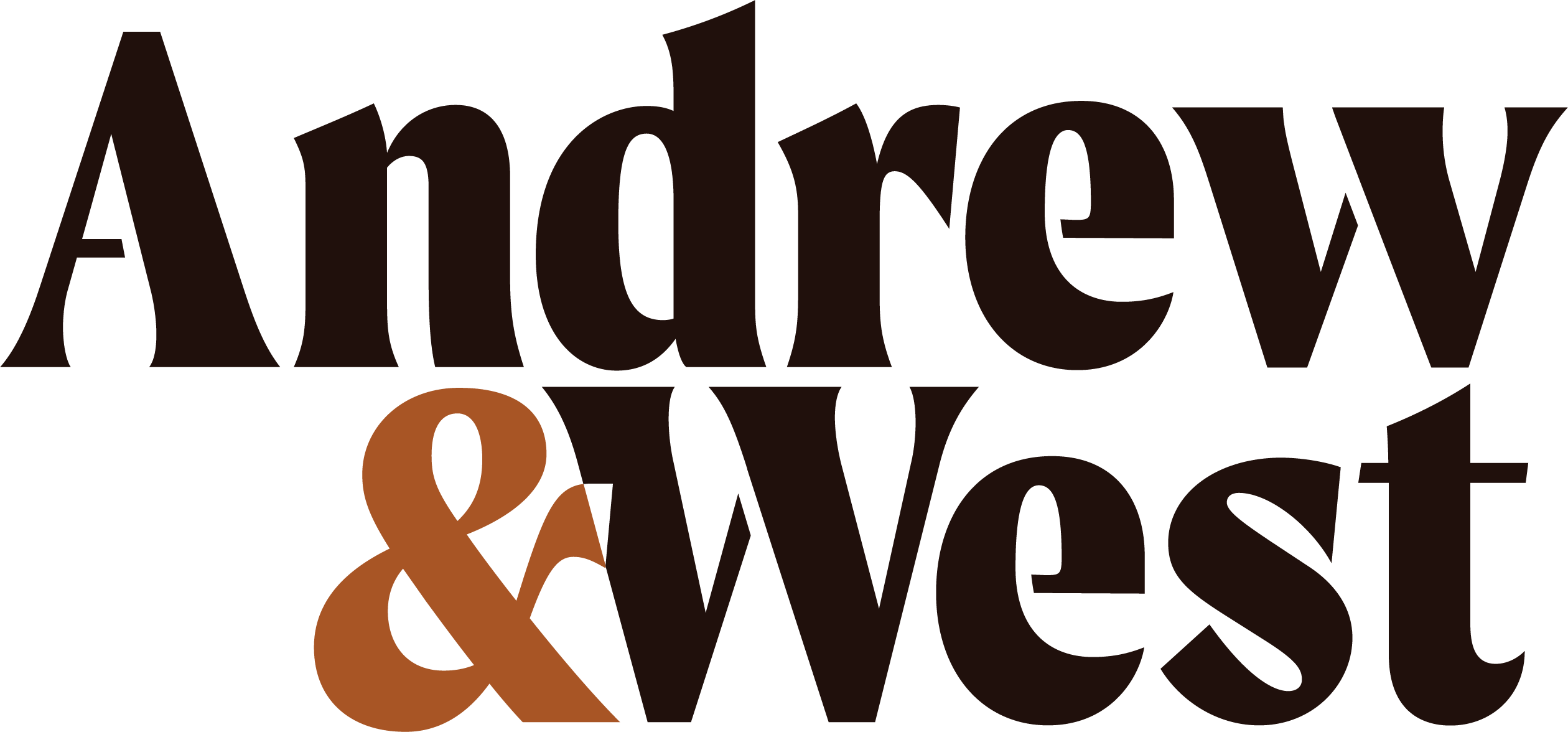Marketing is not just a series of tactics you stack on top of each other to get a result. A strategic marketing plan is the key to making your efforts cohesive and coherent. It is a necessity to remain on track toward your brand’s goals because it provides a complete and clear view of where you have been and where you are going.
With your strategic marketing plan in place, you’ll be able to make marketing decisions that are truly based on facts, not hunches or assumptions. That’s the backbone of scientific marketing: An approach to marketing that uses data to deliver incremental improvements on a monthly basis.
A strategic marketing plan is particularly valuable if you are considering outsourced marketing. No marketing agency can guarantee a particular result from a particular marketing campaign, but that fact must not stop a team from standing by their work. Their ability to capture lessons from data and adjust course appropriately constitutes a huge part of that commitment. Data is essential to the accountability you should expect.
In isolation, no one digital marketing tactic is enough to give you reliable results that move the needle toward your goals. Small businesses might be able to get by with targeted social media alone, for example – but once you reach the level of $25 million and above, you need more. Without a strategic marketing plan, it becomes difficult to see how all the individual factors are interconnected. Ultimately, none will perform at their best.
How can you ensure your strategic marketing plan gives you the thoughtful and strategic approach to marketing you deserve? As with so many things in business, a step-by-step approach is best. After a wealth of experience crafting and executing strategic marketing plans, here’s how it looks at Andrew & West:
1. Know Your Path
These days, it seems like every business has a mission statement. However, a mission statement offers you no help in marketing unless it is fully infused in everything your company does. In fact, your marketing campaigns are instrumental in bringing your mission to life and communicating it in ways that inspire your audience.
For strategic marketing to yield maximum impact, you should have a mission statement and a vision statement – and employees should be able to explain them. In general, a vision statement is meant to be inspirational and future-looking, while a mission statement defines how you differentiate yourself from the competition.
2. Historical Data
Historical data serves as a baseline to know when you are moving in the right direction and how quickly you’re getting there. It’s hard to know where you’re going if you don’t know where you’re been. Consulting historical data delivers clarity by illuminating the key trends and benchmarks that have shaped the past.
That said, historical data can be a stumbling block for some companies. Despite having the best of intentions, you may simply not have been collecting exactly the data that would be most helpful when it’s time to shape your strategic marketing plan. And if that’s the case, a strategic consultant can help. By identifying the correct KPIs to measure your success, you can clarify the data you need and automate its collection in the future.
3. Financial Evaluation
One common phrase can sabotage a strategic marketing plan before the first word is written:
“We’ll plan it as if you have an unlimited budget and we can make adjustments from there.”
Building an entire business plan on a false premise is a rocky proposition. It is especially difficult in marketing. There are infinite possibilities that a marketing strategy can follow. Unless tactics are carefully considered and blended together in a cohesive whole, the budget can quickly become bloated.
The “infinite budget” approach is insidious in another way. Anything can end up classified as marketing when you imagine an infinite budget – and anything often does. For instance, many businesses put customer gifts, event management unrelated to marketing, and countless other expenses into the marketing category. This is a form of lazy thinking that can and does result in millions of dollars in cost overruns as time goes on.
Being unclear about the details of your budget, especially expense categories, makes it harder to know what’s working and what’s not. Before setting goals for marketing, it is crucial to review the historic trends of your marketing budget and set a realistic budget you can build your plan around. Rigor now pays dividends later.
4. Realistic Goal Setting
Setting goals for business growth is tricky. It can be tough to determine what’s realistic and what’s not. Most business leaders are ambitious people—realism isn’t nearly as exciting as a goal that stretches and challenges you. In this case, practicality serves you well. The alternative can set you up for disappointment and failure.
When marketing goals are too ambitious, they rapidly cross the line into the unachievable. That creates a work environment where everyone feels like they are under-performing. The result is a vicious cycle. Your team loses that vital spark of engagement. After some time, even goals that should be a slam dunk slip further out of reach.
Setting realistic, achievable goals builds momentum as you enjoy the little wins along the way. Of course, there’s no need to set the bar too low. Use your historical data as a guide to what makes sense for you.
5. Implementation and Evaluation
This is often the hardest part of the entire process.
Implementing a strategic marketing plan requires finding the right staff and vendors to support each piece of the puzzle. Schedule regular evaluations where key stakeholders from vendor partners and internal teams can put their heads together about your strategic plan’s progress.
Evaluations equip you to track progress toward your goals and make adjustments along the way. That may take the form of setting higher benchmarks when you’re doing great, or extending timelines when things are taking a little longer. The end result is a more balanced and attainable plan.
Many organizations will reach out to a marketing agency for an insider’s view on their strategic marketing plan. Businesses at $25 million and up should consider an alternative: A fractional CMO. A strategic consultant with the right combination of executive leadership and industry experience can spot issues that might be invisible to marketing producers who spend many of their hours focused on execution.
Call us to inquire more. You can reach us at (386) 287-0246 or email us at hello@andrewandwest.com.




